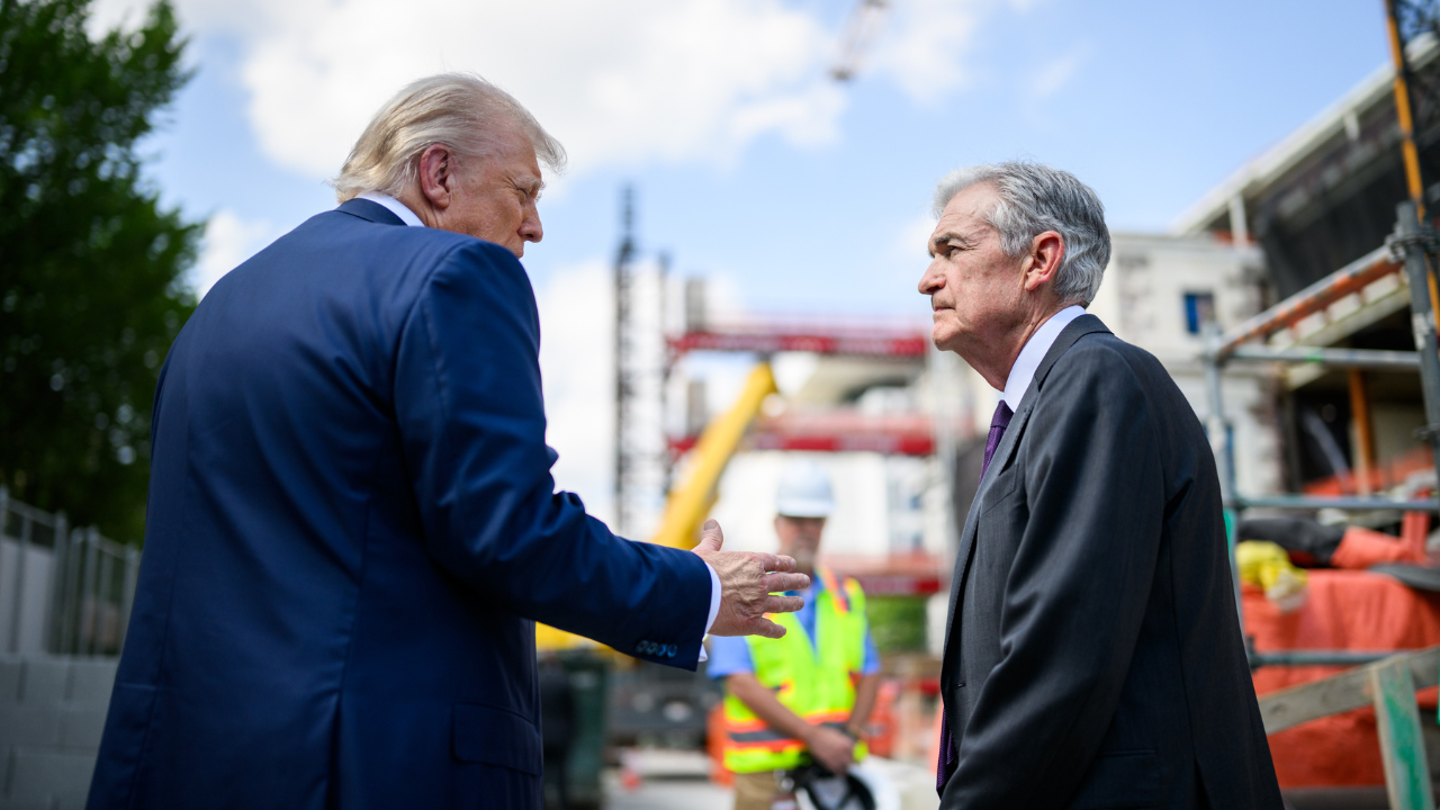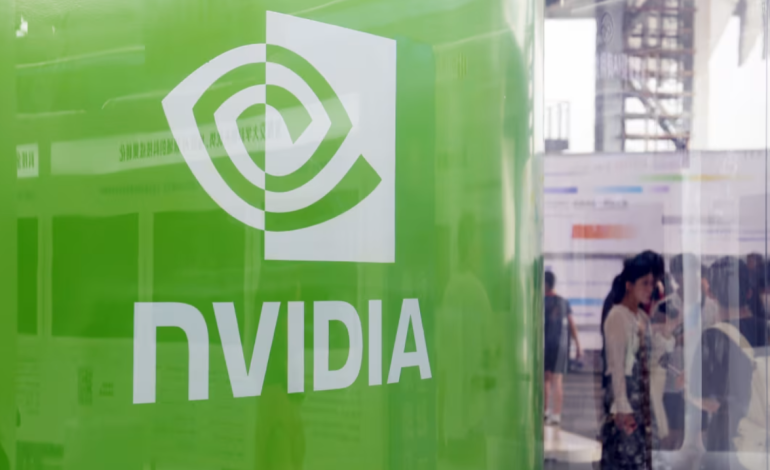Nvidia, the world’s most valuable chipmaker, says it will restart sales of its H20 artificial intelligence chips to China, following a reversal of US export restrictions.
The move comes after a White House meeting between CEO Jensen Huang and President Trump and amid broader US-China trade negotiations.
“We were recently informed by the Department of Commerce that license applications to export MI308 products to China will be moving forward for review… We plan to resume shipments as licenses are approved. We applaud the progress made by the Trump Administration in advancing trade negotiations and its commitment to US AI leadership,” the company said in a statement to CNN.
The ban originally was a part of a broader economic conflict between China and the US. In April 2025, the US required Nvidia to obtain a license to export the H20 chip to China, halting shipments. The ban was part of an effort to prevent US tech from advancing China’s military and AI sectors.
Nvidia claims it missed out on $2.5 billion in Q1 revenue and expects an additional $8 billion loss in Q2 due to the restrictions.
The decision to ease restrictions appears tied to a recent US-China trade deal, which included China increasing exports of rare earth minerals used in electronics and defense, with the US lifting some export bans, including those on AI chips and chip design software, in exchange.
Commerce Secretary Howard Lutnick confirmed the Nvidia decision was linked to rare earths negotiations.
“We want everyone to use our technology stack, our way of thinking about AI, and let the world be balanced on ours,” Lutnick said.
Trump administration officials defended the move, saying the goal is to keep China using the “American tech stack” rather than developing independent standards. Lawmakers and critics expressed concern that the policy shift might compromise US national security.
“The leverage Beijing gained from putting in place a global licensing regime around rare earths and magnets caught US officials and industry by surprise,” said Paul Triolo, a partner at the consulting firm DGA-Albright Stonebridge Group.
Ryan Fedasiuk, a former tech policy adviser in the US State Department’s Office of China Coordination in the Biden administration, added:
“Nvidia’s story and its position are shared by countless American corporations that find themselves caught in the crosshairs of the US-China geopolitical competition… But Nvidia may be unique in that it is such an important company for the global economy and for American national security.”
Nvidia’s stock jumped 4.4% after the announcement.
Nvidia CEO Jensen Huang defended the move, arguing that blocking US companies from selling to China would only push Chinese firms to build their own alternatives, eroding US global tech leadership.
“In order for America to be the world leader, just like we want the world to be built on the American dollar, using the American dollar as a global standard, we want the American tech stack to be the global standard,” Huang told CNN’s Fareed Zakaria in an interview that aired Sunday. “We love that the internet is created by American technology and is built on American technology, and so we should continue to aspire to that.”
He praised Chinese developers and AI models like DeepSeek, Alibaba, Tencent, and Baidu at a Beijing expo, calling them “world-class.” Huang emphasized open-source AI development in China as a catalyst for global progress and cooperation.
While still dependent on Nvidia, China is investing heavily in domestic alternatives. Some observers warn that Nvidia’s role in China’s AI future may be short-lived, as the country continues to develop its own chip ecosystem.
“China is in a weird position because they continue to be dependent on Nvidia and its product lines to sustain near-term growth in China’s AI industry,” said Fedasiuk. “But I think it should be clear to Nvidia that the company is dispensable in China. China is actively pouring hundreds of billions of dollars into an effort to dispense with Nvidia in its market.”
Following these changes, AMD also announced it’s preparing to resume AI chip sales to China. Analysts estimate the H20 export resumption could boost Nvidia’s earnings by as much as 10%.
CNN, the Washington Post, and CNBC contributed to this report.










The latest news in your social feeds
Subscribe to our social media platforms to stay tuned